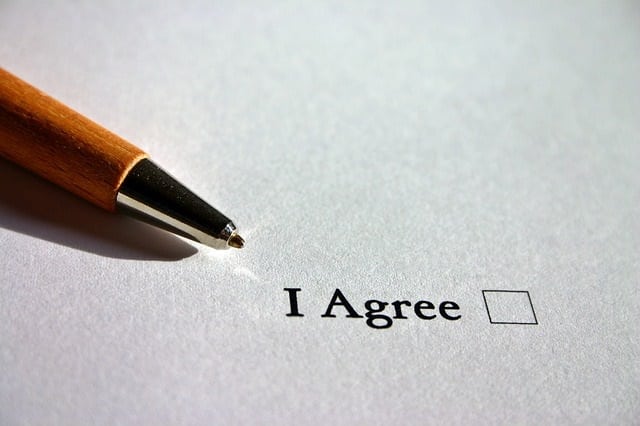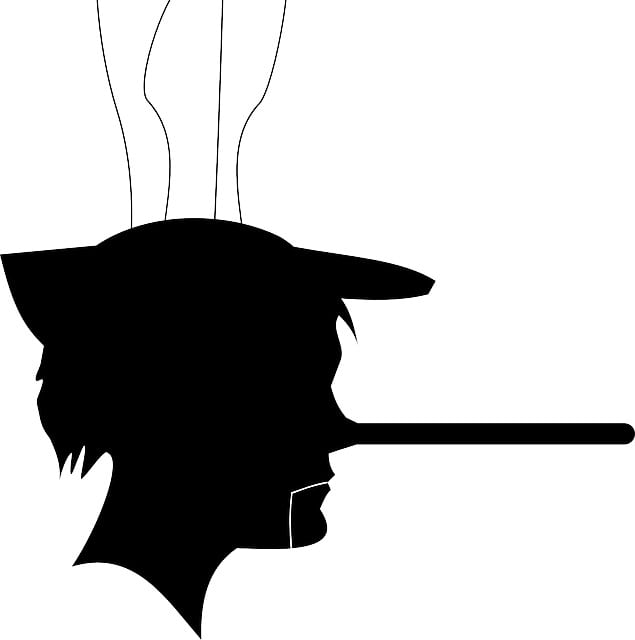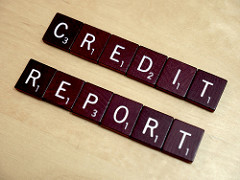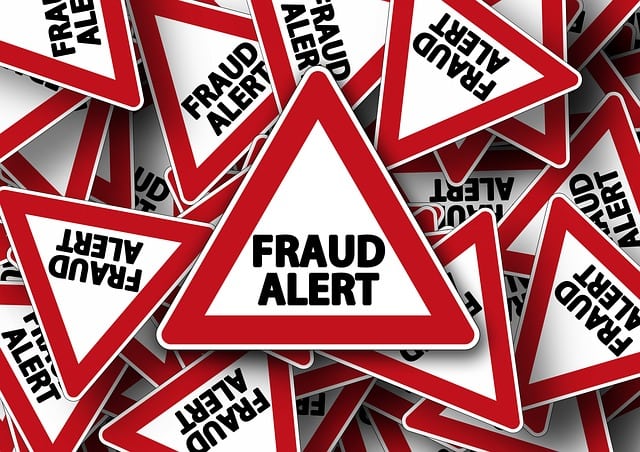HOW TO AVOID BEING RIPPED OFF BY A CAR DEALERSHIP OR CAR SALESMAN, part 2.
 Ever wondered what you should do if you are scammed by a car dealership or a car salesman? What are the used car dealer tricks? How do you avoid a car dealer lying to you about financing?
Ever wondered what you should do if you are scammed by a car dealership or a car salesman? What are the used car dealer tricks? How do you avoid a car dealer lying to you about financing?
In order to be a victim you need to learn how to beat the salesman or dealership.
Below are a series of articles or links to various resources. If you read them all you will see a pattern of lying, scheming and outright fraud. Know their games before you are caught in their web of deceit.
Now don’t get me wrong – I really believe there are honest car dealers, but they are so few that they are painted with the same brush as all the bad ones. Do your homework in order to avoid losing money, time and your senses.
Common Auto Dealer Scams
The following is a reprint from Public Counsel.org
Let’s face it: Americans love to drive, and buy hundreds of thousands of cars each year. While most auto dealerships play by the rules, there are still some dealers that do not. This list takes a closer look at some of the more common abuses and provides information on steps that consumers can take to educate and protect themselves.
1. Bait and Switch
2. Packing the Contract
3. Advertising Bait and Switch
4. Hiding a Lemon or Wreck
5. Financing Fraud – Lying about credit scores
6. Buy-Lease Switch
7. Trade-in Fraud
8. Co-signer Scam
9. Requiring Options
10. Yo Yo Sale
Number 1: Bait and Switch – False statements about the price of the car.
 You walk into a dealership and a salesman gives you a price quote. But when you are preparing to finish the deal, the price on the contract is not the same price that you were quoted. You may also notice that your contract contains other fees that increase the Total Cash Price of your vehicle. Click on this link see what you should watch out for: Sample contract (Front | Back).
You walk into a dealership and a salesman gives you a price quote. But when you are preparing to finish the deal, the price on the contract is not the same price that you were quoted. You may also notice that your contract contains other fees that increase the Total Cash Price of your vehicle. Click on this link see what you should watch out for: Sample contract (Front | Back).
What you should do:
• Make sure that the Total Cash Price on the written contract matches the price that you were told. If the prices are different, you may be the victim of fraud.
• If the dealership refuses to honor the representations made to you by the salesperson, refuse to sign the contract and walk away from the dealership.
Number 2: “Packing the Contract” – Adding unwanted options and accessories.
 Some dealerships “pack” a contract with add-ons like service contracts, warranties, options and accessories that you did not ask for. Common add-ons are “protection packages” and rust-proofing. Click on this link see what you should watch out for: Sample contract: (Front | Back).
Some dealerships “pack” a contract with add-ons like service contracts, warranties, options and accessories that you did not ask for. Common add-ons are “protection packages” and rust-proofing. Click on this link see what you should watch out for: Sample contract: (Front | Back).
What you should do:
• Before you sign, look at your contract carefully for any items you did not authorize.
• If you were told something was included for “free”, check to see that the item is in the contract and that you were not charged for it.
• If you find any items that you don’t want, tell the salesman that you will not pay for it. Put a line through the item in the contract and reduce the Total Sale Price by that amount.
Number 3: Advertising Bait and Switch
 Don’t be fooled by advertisements that offer a handful of vehicles for extremely low prices. Some dishonest dealers will claim that those few cars have been “already sold”, then they will try to sell you other cars at higher prices.
Don’t be fooled by advertisements that offer a handful of vehicles for extremely low prices. Some dishonest dealers will claim that those few cars have been “already sold”, then they will try to sell you other cars at higher prices.
What you should do:
• Read the fine print of all advertisements especially if it looks too good to be true.
• If you are interested in buying one of these “special deals”, call the dealership to make sure it’s still available. When you call, specify the car’s VIN (Vehicle Identification Number) which should be included in the advertisement.
• Take the ad to the dealership and make sure you know the car’s Kelley Blue Book (www.kbb.com) value.
Number 4: Hiding a Lemon or Wreck
 When buying a used car, watch out for cars that were previously wrecked, or cars that had to be returned to the manufacturer because of multiple repair problems (known as “lemons”). Learn more at What Do I Need To Know Before Buying or Leasing a Car? and What can I do if my car is a Lemon?
When buying a used car, watch out for cars that were previously wrecked, or cars that had to be returned to the manufacturer because of multiple repair problems (known as “lemons”). Learn more at What Do I Need To Know Before Buying or Leasing a Car? and What can I do if my car is a Lemon?
What you should do:
• Always test-drive a vehicle.
• Always have a mechanic inspect a used car before buying it.
• Ask for the repair records. If the dealership doesn’t want to provide it, then buy your car elsewhere.
• You can check a vehicle’s prior registration history by using a vehicle history report search service like Carfax (www.carfax.com).
Number 5: Financing Fraud – Lying about credit scores

Credit repair schemes
Another common scam used by dishonest dealers is to trick customers into believing that you have bad credit. They may tell you that your credit score is too low and you don’t qualify for a low interest rate. The point of this is to convince you that the high-interest financing offered by the dealership is a good deal. Learn more at What Do I Need To Know Before Buying or Leasing a Car?
What you should do:
• Get a copy of your credit report which includes your credit score. You can get a copy of your credit report from any of the three credit bureaus:
– TransUnion www.tuc.com, 1-800-888-4213
– Experian www.experian.com, 1-888-397-3742
– Equifax www.equifax.com, 1-800-685-1111
• Shop around for financing. Credit unions and other financial institutions often offer lower interest rates than what the dealerships offer.
Number 6: Buy-Lease Switch
BUYING a car means that when you finish making payments on it, you will OWN the vehicle.
LEASING means that there is a period of time – the lease period – when you’ll be making monthly payments on the car and at the end of the lease period you will NOT own the car (unless you make a large payment to own it). Plus, if you want to return the car before the lease period is over, you’ll have to pay a big penalty (an “early-termination fee”) to do that.
Customers are routinely scammed when salespeople lead you to believe that you are purchasing when you are really leasing (and vice versa). Other misrepresentations include telling customers that you will own the car at the end of the lease. This is false because almost all leases require you to make a large payment at the end of the lease in order for you to own the car.
What you should do:
• Make sure you read and understand the entire written contract. If you want to buy a car, make sure the contract you are signing doesn’t have the word “lease” in it. It seems obvious but many customers are easily tricked at the dealership Bring a friend if you are not sure.
• Don’t allow yourself to be pressured into a lease if you want to buy.
• Shop around and make sure you understand what your obligations are.
• Learn more by downloading: What should I know before buying a car? or by downloading What should I know before Leasing a Car?
Number 7: Trade-in Fraud
 Many customers who trade in their old cars are tricked by dealerships who are not truthful about the value of the trade-in. They might tell you, “A 1999 Toyota like yours only sells for $3,000.” But the Toyota’s wholesale value may really be worth a lot more. Customers who don’t know what they can get for their car if they were to sell it today (the wholesale value) are likely to accept statements like these and may walk away with very little for their trade-in. The dealership will then turn around and sell the trade-in for much more. Learn more at What Do I Need To Know Before Buying of Leasing a Car?
Many customers who trade in their old cars are tricked by dealerships who are not truthful about the value of the trade-in. They might tell you, “A 1999 Toyota like yours only sells for $3,000.” But the Toyota’s wholesale value may really be worth a lot more. Customers who don’t know what they can get for their car if they were to sell it today (the wholesale value) are likely to accept statements like these and may walk away with very little for their trade-in. The dealership will then turn around and sell the trade-in for much more. Learn more at What Do I Need To Know Before Buying of Leasing a Car?
What you should do:
- If you are not sure of the condition of your car and/or its market value, you may want to take it to a few dealerships. Tell them that you are thinking of trading in your car and see what they offer you for it. This amount may be a more accurate estimate of your car’s market value.
- If you are thinking about trading in your old car, make sure you know its current market value. You can go to the library or bookstore to find a book that lists values of most cars.
Also try these websites:
Kelley Blue Book (www.kbb.com)
Edmunds (www.edmunds.com
Number 8: Co-signer Scam
When customers don’t qualify on their own for financing, dealerships often suggest that they get a friend to co-sign. Often, however, a salesperson will tell the co-signer that he/she is only signing as a reference to help the primary buyer. This is false. If you are thinking of co-signing for someone, you should know that the co-signer is equally responsible for paying the debt and can be sued if the primary buyer doesn’t make payments.
What you should do:
• In most cases, it is not a good idea to be a co-signer for any type of loan.
• Only co-sign if you are prepared to make the payments for the car.
Number 9: Requiring Options
Some dealerships will tell customers that they have to buy additional options or accessories for them to qualify for financing, a special interest rate or a reduced price. This is not an accepted business practice and may be illegal.
What you should do:
• If you hear this pitch, leave the dealership right away.
Number 10: “Yo Yo Sale”
 Typical Scenario: You purchase a car and drive it home. The next day, you receive a call from the dealership, informing you that there is a problem with the financing and that you have to return to the dealership. When you return to the dealership, the salesperson states that you did not qualify for financing, but that they can still process the deal at a higher interest rate (or with a larger down payment).
Typical Scenario: You purchase a car and drive it home. The next day, you receive a call from the dealership, informing you that there is a problem with the financing and that you have to return to the dealership. When you return to the dealership, the salesperson states that you did not qualify for financing, but that they can still process the deal at a higher interest rate (or with a larger down payment).
What you should do:
• Most auto contracts are contingent upon the approval of financing, so the dealership can cancel the deal if the financing falls through. However, problems with financing should not lead to a renegotiating of the terms of the original contract. If you still want the car, get your own financing.
• Ask to speak with the finance company representative to clarify the nature of the problem.
• If the dealership insists on a higher interest rate or additional payments, walk away.
You may also want to check out our Auto Fraud Diagnostic Tool (Click Here)
The post How To Avoid Scams by Car Dealers & Salesmen, Part 2 appeared first on Diane L. Drain - Phoenix Bankruptcy & Foreclosure Attorney.